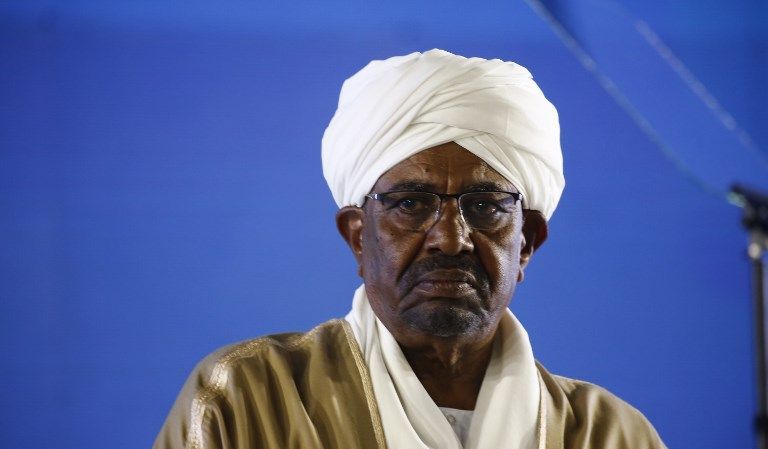Al-Bashir won’t head Sudan’s delegation to Arab summit in Tunisia

March 27, 2019 (KHARTOUM) – Sudan’s First Vice-President Awad Ibn Ouf would head the country’s delegation to the Arab League summit in Tunisia, said Foreign Minister El-Dirdeiry Mohamed Ahmed
The Arab leaders are set to meet in Tunisia on 31 March where the Arab League will hold its 30th annual summit. The meeting is the first to take place in the North African country since the fall down of Zine El Abidine Ben Ali’s regime.
The announcement came following media reports that President Omer al-Bashir who is wanted by the International Criminal Court (ICC) for war crimes would head Sudan’s delegation to the summit.
Ahmed said Sudan is keen to participate in the summit to show its commitment towards Arab issues, pointing out that the meeting would discuss ways to support peace and development in Sudan as well as a number of issues.
He pointed out that Sudan’s delegation will travel on March 30th, expecting the First Vice-President would meet with several Arab leaders.
Human Rights Watch on Tuesday called on Tunisia to bar entry to its territory or arrest the Sudanese President, saying “Al-Bashir is an international fugitive who should be in The Hague to face the charges against him, not attending summits hosted by ICC members”.
Al-Bashir is under two ICC arrest warrants since 2008 for genocide, crimes against humanity and war crimes allegedly committed in Darfur.
Tunisia is State Member of the Rome Statute and therefore obliged to comply with arrest warrants the ICC issues, even for incumbent heads of state.
In 2017, al-Bashir who is facing two ICC warrants for alleged war crimes, genocide and crimes against humanity attended the Arab summit in Jordan another Arab state party to the Rome Statute of the Court.
The ICC judges concluded that Jordan had defied its international obligations to arrest al-Bashir and sent its finding to the United Nations Security Council. Jordan appealed the decision, which is pending before an ICC appeals chamber.
Since the issuance of the two arrest warrants, Bashir limited his trips abroad to ICC non-party states but he also travelled to five signatory states including the Democratic Republic of Congo (DRC), Nigeria, Malawi, Djibouti and South Africa.
His trip to South Africa in 2015 drew international attention after he flew out of the country defying a High court order which orders the government to ban his departure until an application calling for his arrest had been heard.
(ST)
